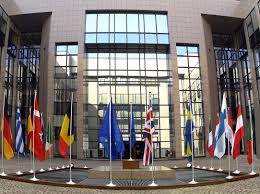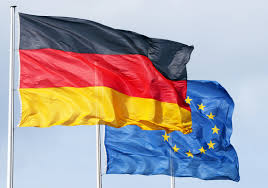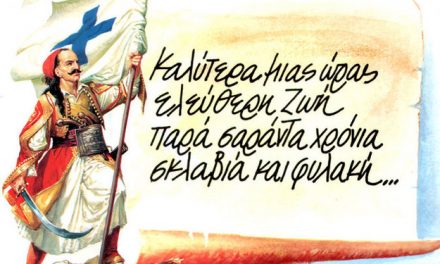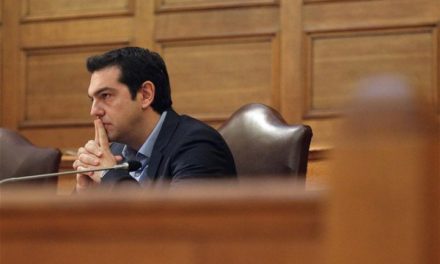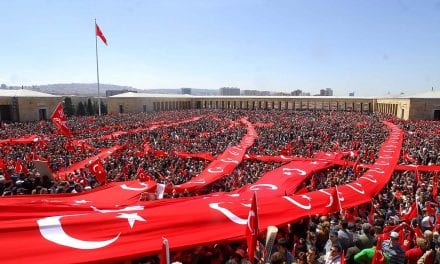By Daily Sabah
EU Affairs Minister Ömer Çelik on Friday criticized statements from EU leaders that Turkey is illegally blocking the exploration of a potential natural gas field off the island of Cyprus.
“The statement released by EU leaders is not acceptable for Turkey,” Çelik said. He added that it was the EU that accused Greek Cyprus and Greece because of the failed Crans-Montana negotiations to resolve the problem of the ethnically split island last year. He also cited the constructive and benign approach Turkey will adopt during Turkey-EU summit scheduled to take place on March 26.
EU leaders released a statement on Thursday that said Turkey is continuing illegal actions in the Eastern Mediterranean and the Aegean Sea.
The EU “urgently calls on Turkey to cease these actions and respect the sovereign rights of Cyprus to explore and exploit its natural resources,” the statement said.
EU leaders in Brussels discussed relations with Turkey in light of the upcoming summit, with Greek Cypriot President Nicos Anastasiades and Greek Prime Minister Alexis Tsipras speaking on recent concerns.
Greek Cyprus has been trying to exclude Turkish Cyprus and Turkey, which has been conducting seismic surveys in the area and exercising its legal rights in accordance with international maritime law. The government in the south of the island last month commissioned Italian energy company ENI, which declared the discovery of a potentially sizable gas field off the southwestern coast close to Egypt’s Zohr deposit, which is the largest-ever discovered in the Mediterranean. However, Turkey immediately deployed warships to the region and prevented the Italian energy firm from continuing its operations in the region. As a result, ENI’s drilling vessel left the area. The disregard for Turkish Cyprus’s rights in the region did not stop with the ENI vessel. Following the Turkish Navy’s blockade of ENI, early in March, vessels from U.S. oil giant ExxonMobil and state-owned Qatar Petroleum consortium were reported to have arrived in the Eastern Mediterranean to conduct offshore drilling activities.
The issue has reignited old tensions in the Eastern Mediterranean. The island of Cyprus has been divided since 1974 into a predominantly Greek south, which is an EU member, and a Turkish north whose sovereignty is only recognized by Ankara

